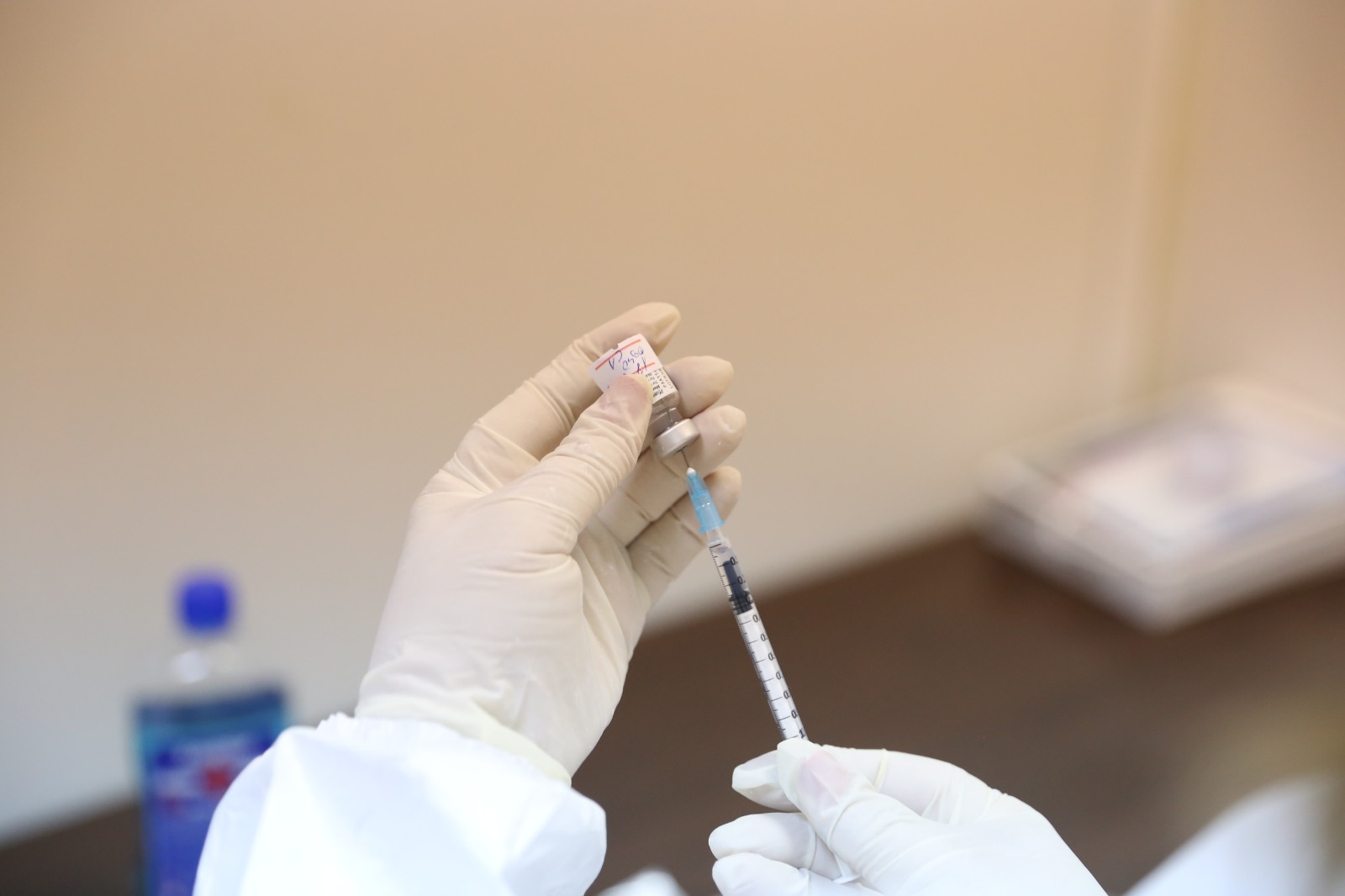Several data sets indicate that COVID-19 vaccines do not reduce fertility, according to the National Committee for the Coordination of Activities on Vaccination against COVID-19 (CNCAV).
Although pregnant women were not included in the initial studies and participants were asked to avoid pregnancy, some people became pregnant, accidentally. Unplanned pregnancies were equally recorded in both vaccinated and unvaccinated groups, which shows that vaccines did not prevent pregnancy. People who became pregnant were closely monitored and had a normal course of pregnancy.
Ovarian function was not affected in IVF patients either
Following the authorization and widespread use of vaccines, additional data were collected on their possible effect on human fertility. In patients with IVF (in vitro fertilization), for example, vaccination against COVID-19 does not affect ovarian function, egg quality, fertilization or pregnancy success rate. On a larger scale, nearly 5,000 people in the US reported post-vaccination pregnancies by the end of March 2021 and nearly 500 people in Ontario reported post-vaccination pregnancies by the end of May 2021.
Male fertility does not suffer from the vaccine, but from Covid infection
At this time, three semen quality studies are available, before and after vaccination. Vaccination does not change the number or quality of sperm. People who are concerned about male fertility should also take into account that SARS-CoV-2 infection itself reduces the quality of semen. In one study, a quarter of participants had a sperm count below the normal limit after COVID-19.
Post-vaccination antibodies do not affect the placenta
The vaccine works by training our bodies to produce antibodies that bind to a viral protein called Spike. This prevents the virus from infecting our cells. The claim that the vaccine could reduce fertility came from the idea that there are proteins in the placenta that have some resemblance to Spike, so antibodies that block Spike could attach to the placenta as well.
However, viral and placental proteins are not similar enough to expect this to happen, and laboratory studies have now confirmed that vaccine-derived antibodies do not bind to the human protein – syncytin – involved in placental development. If antibodies against Spike had caused problems in the development of the placenta, we would have expected to see a higher rate of miscarriages in people with early pregnancy who took COVID-19, and this was not observed.
There is no reason not to get vaccinated for people who want to get pregnant
There is no evidence that the vaccine reduces a woman’s chances of becoming pregnant later. Experts from the Royal College of Obstetricians and Gynecologists in the UK believe that “women trying to get pregnant should not avoid pregnancy after vaccination”. At the same time, the specialists of the Romanian Society of Obstetrics and Gynecology recommend that the pregnancy should not be postponed after vaccination, and that people who become pregnant in the interval between doses should not avoid performing the booster.
The vaccine during pregnancy
Current studies show that there are no risks associated with Covid vaccination during pregnancy, and the benefits are important. Fully vaccinated people are less likely to get COVID-19 than unvaccinated people, and this is true for pregnant women as well.
In the UK, the Royal College of Obstetricians and Gynecologists claims that COVID vaccination is recommended during pregnancy. In the United States, pregnant women are actively vaccinated as a matter of priority because of the increased risk of complications from contracting the virus, especially after the second trimester.
Antibodies can be passed to the fetus
There are currently many studies showing that the IgG antibodies produced by the mother’s body after vaccination cross the placenta. There is no risk associated with the administration of inactivated vaccines during lactation and no safety signals have been reported in breast-feeding persons or their children.
There is also some evidence that T cells that respond to COVID-19 can reach breast milk. These antibodies would be expected to provide some protection against COVID-19, although more studies are needed to find out.
–


